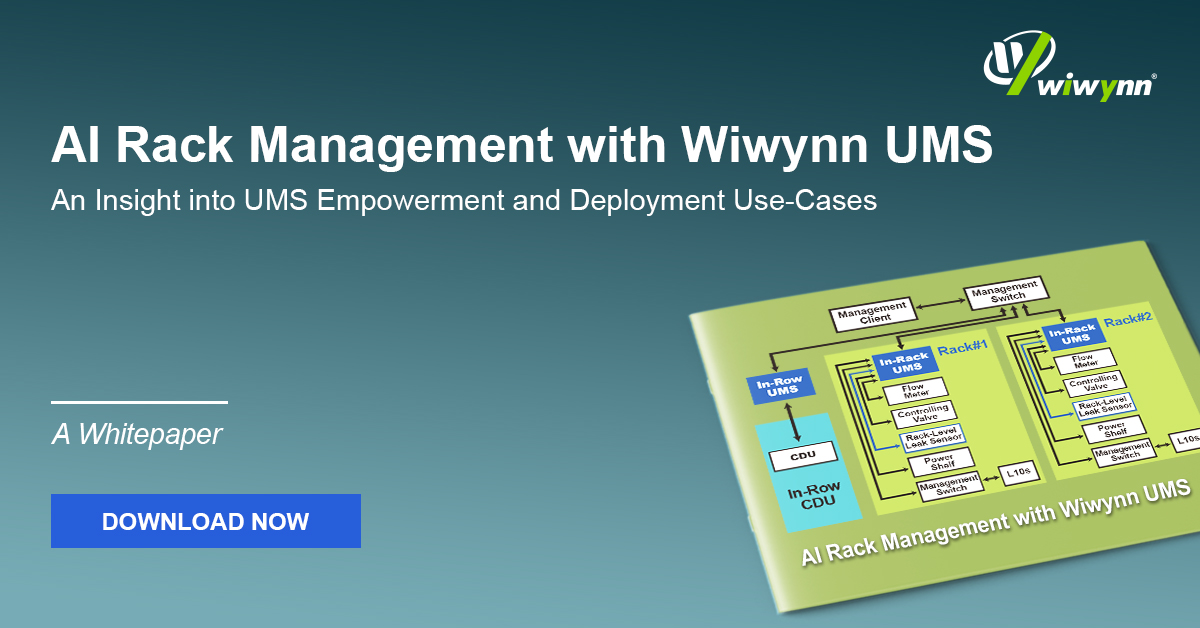2 min read
Autonomous AI Agent for End-to-End Component Data Extraction
1. Objective Streamline: complex, error-prone manual data entry Reallocate: engineering talent to high-value innovation Automation: Achieve...

This paper discusses the rapid expansion of AI workloads and the resulting transformation in data center infrastructure requirements. Traditional air-cooling systems are becoming less effective due to the increased power density of server racks. To address this challenge, the paper presents Wiwynn's Universal Management System (UMS) as a solution for managing AI server racks and Direct Liquid Cooling (DLC) infrastructure.
The UMS is designed to provide precise, scalable, and intelligent cooling and monitoring for high-density AI racks. It features a modular hardware design, a dual deployment architecture, and key functionalities such as multi-layer leakage detection, cooling facility management, sensor monitoring, and emergency power management.
The paper also includes real-world deployment examples showcasing the versatility and reliability of UMS in various AI and DLC environments. Future directions for UMS involve expanding its capabilities with AI-based algorithms for anomaly detection, workload-aware cooling optimization, and predictive fault isolation.
Discover how Wiwynn’s UMS unifies AI rack and Direct Liquid Cooling (DLC) management with precise monitoring, multi-layer leak detection, and intelligent power control. Download the full white paper to explore real-world deployments and the next step toward AI-driven, resilient data center infrastructure.

2 min read
1. Objective Streamline: complex, error-prone manual data entry Reallocate: engineering talent to high-value innovation Automation: Achieve...

1 min read
Deploying large-scale AI clusters introduces engineering challenges that extend well beyond the individual server rack. From liquid cooling...

1 min read
This paper discusses the rapid expansion of AI workloads and the resulting transformation in data center infrastructure requirements. Traditional...